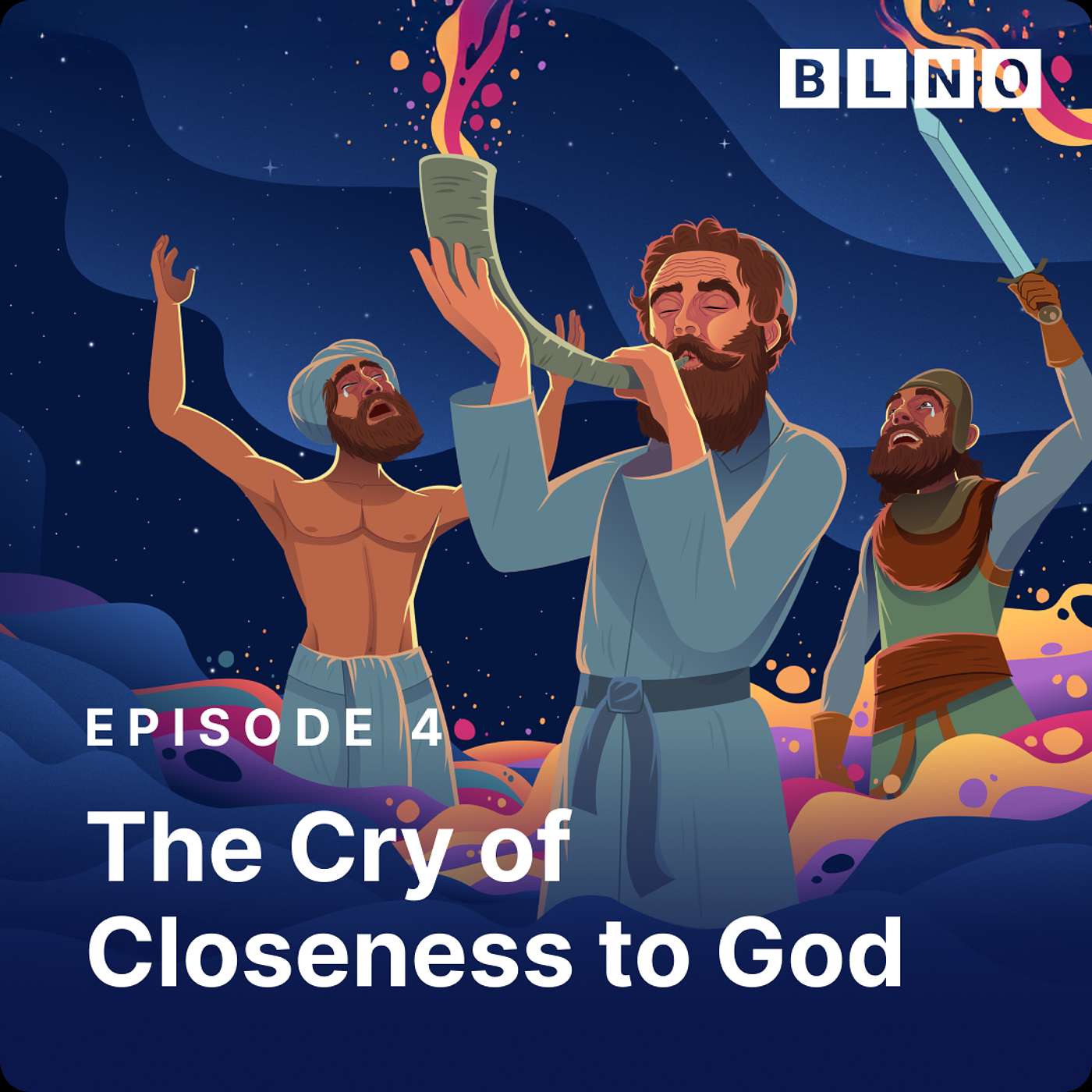
A Book Like No Other
Author: Aleph Beta
Subscribed: 163Played: 2,194Description
A Book Like No Other is a chance to learn alongside Aleph Beta Founder and Lead Scholar, Rabbi David Fohrman, a master close reader of Torah, as he embarks on his most far-reaching and in-depth explorations. Each season is a stand-alone journey into a different Torah text. Our only goal: reading the Torah carefully, on its own terms, and following wherever that leads. Together, we'll unwrap remarkable patterns and surprising connections that lie just beneath the Torah's surface, revealing the beauty and insight that truly make the Torah a book like no other.
A Book Like No Other is a project of Aleph Beta, a Torah media company dedicated to spreading the joy and love of meaningful Torah learning worldwide. A Book Like No Other is made possible through the generous support of Shari and Nathan Lindenbaum. For our full library of over 1,000 videos and podcasts, as well as bonus content for Book Like No Other, please visit www.alephbeta.org.





















I don't know if you will actually see this comment. I am not Jewish, but in recent years, through my own faith walk, I have begun studying Torah from a new perspective. I have read a couple of Rabbi Fohrman's books. Plus, I have listened to Marty Solomon, and he frequently references Rabbi Fohrman's teachings. To my point, this podcast had been very enlightening, and this story specifically has been amazing. Thank you for sharing.
Amazing episode, very insightful points made about the trees in the garden!!!